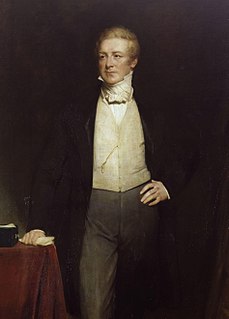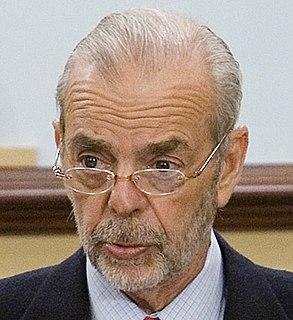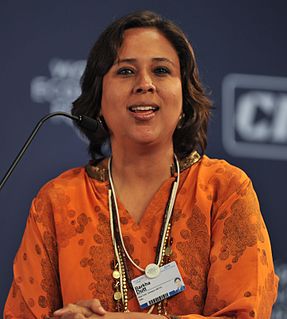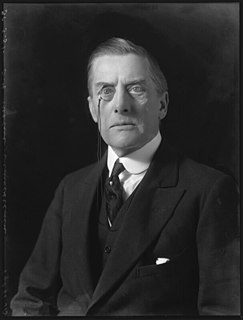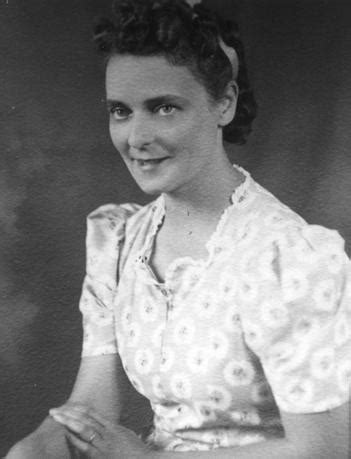A Quote by Robert Peel
No minister ever stood, or could stand, against public opinion.
Related Quotes
American public opinion, as you can see in the polls, radically changed from being against airstrikes to being heavily in favor that [President Obama] decided to do airstrikes. This is a classic example of leading from behind where he waits for public opinion. And now it's the public who's demanding he do something.
I think polling is important because it gives a voice to the people. It gives a quantitative, independent assessment of what the public feels as opposed to what experts or pundits think the public feels. So often it provides a quick corrective on what's thought to be the conventional wisdom about public opinion. There are any number of examples that I could give you about how wrong the experts are here in Washington, in New York and elsewhere about public opinion that are revealed by public opinion polls.
I think polling is the best way of gauging public opinion - doing something that's independent, that's quantitative, that doesn't give just the loud voices about how things are going; or doesn't give so called experts the notion that they know what public opinion is. I think that's what makes public opinion polling pretty important. Qualitative assessments of public opinion; going out and talking to people and understanding the nuance to what's behind the numbers. I think it's awfully important as well.
[I believe in] the throne...parliamentary institutions...private enterprise and individual opinion against the socialization of the state...equity in the distribution of public burdens and strict maintenance of public faith with the creditors of the state [and] a fresh guarantee of peace by an alliance with France and...Belgium for the defence of our common interests against unprovoked attack.
The temptation to be popular may prioritize public opinion above the word of God. Political campaigns and marketing strategies widely employ public opinion polls to shape their plans. Results of those polls are informative. But they could hardly be used as grounds to justify disobedience to God’s commandments!
The trouble is that privacy is at once essential to, and in tension with, both freedom and security. A cabinet minister who keeps his mistress in satin sheets at the French taxpayer's expense cannot justly object when the press exposes his misuse of public funds. Our freedom to scrutinise the conduct of public figures trumps that minister's claim to privacy. The question is: where and how do we draw the line between a genuine public interest and that which is merely what interests the public?
